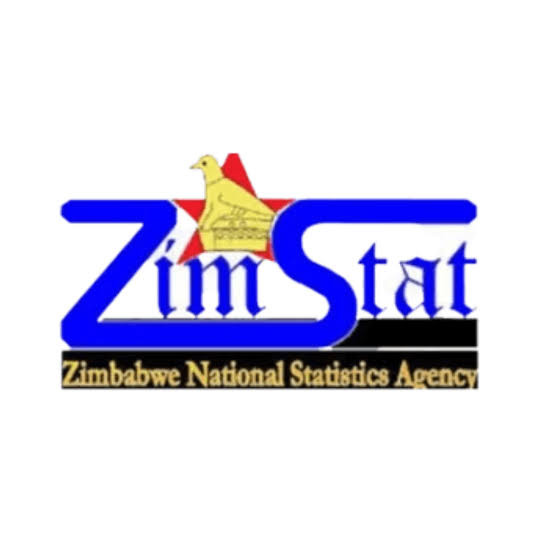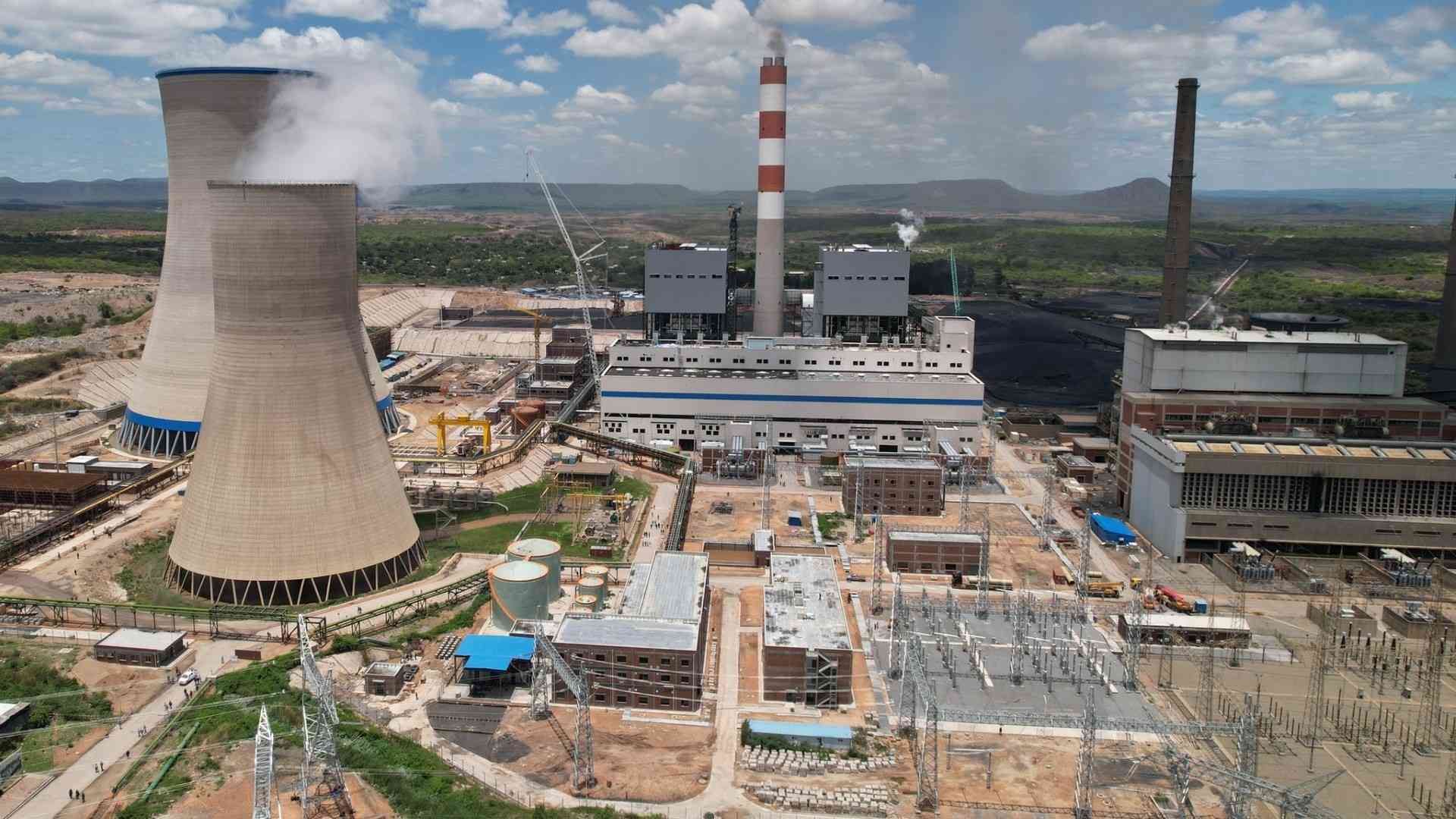
REPRESENTATIVES of a block of miners producing the biggest share of Zimbabwe’s gold output said this week Fidelity Gold Refiners (FGR) must roll out loans to producers, giving impetus to operators’ push to lift output.
Data from FGR, the exclusive official buyer of gold produced in Zimbabwe, showed last week that bullion output dipped 14,7% last year to 30,1 tonnes, compared to 35,3 tonnes in 2022.
Still, this output was not produced by big miners, the data showed, noting that 61,58% of the gold came from artisanal miners, who some estimates put at 1,5 million.
The leaders of Zimbabwe Artisanal and Small Scale Miners Council and the Chegutu District Miners Association, an affiliate of the Zimbabwe Miners Federation, said it would be crucial to bridge funding gaps confronting small scale miners, as Zimbabwe escalates a push to reach a 40 tonne target.
But they also called for FGR to pay miners in time to stop the exportation of Zimbabwe’s gold through illicit markets.
This week, the government moved to reassure markets that it would be unrolling out measures to help the industry achieve set targets.
Ramping up gold output will be important for Zimbabwe, which has struggled to generate enough foreign currency on the official markets to drive current efforts to bolster economic recovery.
In an interview with the Zimbabwe Independent, leaders of small-scale miners also said reaching the 40 tonne per annum target would only become feasible if factors like a brutal power crisis are addressed.
- Economic outlook: Key March 2023 highlights
- Gold miners push for loans to fight plummeting output
Keep Reading
“Gold pilferage could have contributed also to the decrease,” Rickson Sibanda, chief executive officer at the Zimbabwe Artisanal and Small-Scale Miners Council, said.
“This was mainly caused by the pricing structure, which existed at Fidelity Gold Refinery for the better part of the year 2023. This is why there was a decrease in the national output of the yellow metal. Cash flow problems have not only pushed output down, but led to the collapse of gold producers. “FGR were paying 75 % in USD and the rest in local currency but in most cases the USD component wasn’t readily available to miners. This drove away miners from the mainstream market. It was only towards the end of the year when FGR decided to pay the artisanal mining sector 100% in foreign currency,” Sibanda added.
Zimbabwe’s big producers have been struggling to deal with headwinds spanning from high taxes to plummeting commodity prices on the global markets. The sector has also warned that high costs in Zimbabwe have held back growth of the mining industry generally.
It is a view shared this week by Liam Philp, new president of the Commercial Farmers Union, who said several factors holding back growth must be tackled.
The Chamber of Mines of Zimbabwe said in the fourth quarter of last year that during the 12 months to October 2023, the prices of critical minerals produced in Zimbabwe dropped during a period when overheads rampaged, propelled by power tariffs, which rocketed by more than 40%. At the same time royalties increased, with that of platinum climbing from 2,5% to 5%.
“I think Fidelity should go back to basics like previously, where we accessed loans directly from them. The loans came in the form of primary machinery like compressors, generators, fuel, explosives and other critical capital back up facilities. This helped to reduce competition from side marketers. Without that, miners are vulnerable to sponsors who bring such equipment and then dictate on where and how to dispose of the gold,” Sibanda added.
Last year Mines and Mining Development minister, Zhemu Soda introduced the gold mobilisation exercise targeting five mining provinces namely Mashonaland West, Mashonaland East, Mashonaland Central, Midlands and Matabeleland South to ensure there are no gold leakages, especially from small scale miners.
Nicks Innocent, the leader of Chegutu District Miners Association, said the sector was concerned about the 2023 slowdown.
“Gold miners prefer good buyers and it is public knowledge that individual buyers pay better than FGR,” Innocent said.
“Individual gold buyers have their own markets like foreign buyers. As a result, gold will be smuggled out of the country at the expense of the nation. Gold miners, inclusive of artisanal miners, lack sponsorship. As such they look for sponsorship from those who offer to buy the stuff in return. To solve the anomaly, the government should offer competitive prices of the precious mineral. Miners must also be incentivised when remitting gold to Fidelity. The government also should give miners loans in terms of the needed equipment then recover the funds when miners deliver to FGR. There are a number of strategies that the government can employ to curb this challenge. My own view on the decrease in gold delivery for the period under review is that it was also caused by the instability and changes in gold prices,” he said.










